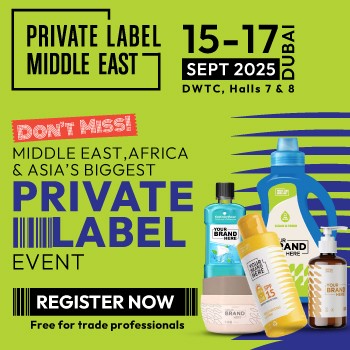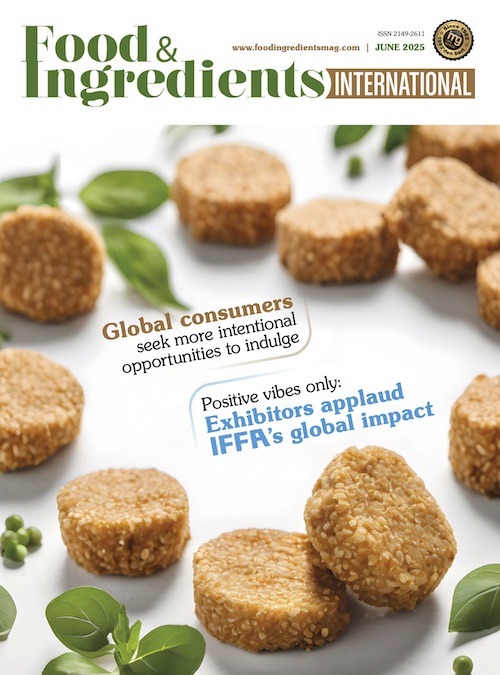Tests show honeys claiming to be Mānuka that are not from New Zealand are not authentic.
- Recent testing of honey brands claiming to be mānuka honey but not from New Zealand, found that 100 percent were not authentic and missed key indicators of genuine mānuka honey, according to New Zealand export standards1
- 40 years of research producing over 500 studies on New Zealand’s leptospermum scoparium tree and the mānuka honey it produces, have highlighted the established and emerging support for the natural health benefits of genuine mānuka honey, including wound healing, sore throats, gut health, lung health, chemotherapy side effects, antibiotic resistance and skin health, among others
- The Unique Mānuka Factor Honey Association (UMFHA), an independent incorporated society committed to mānuka honey standards, urge consumers to check for the UMF™ quality certification mark and UMF™ rating before purchasing to ensure authenticity
- With cold and flu season in full swing, over 62% of Americans4 have purchased mānuka honey for its perceived health benefits, but many are being misled by mislabeled products
New scientific testing of honey brands claiming to be mānuka sold in the USA, has identified that 100 percent of the brands tested that were not from New Zealand are not genuine mānuka and miss key regulatory mānuka honey identification indicators2. That’s the verdict of the compelling findings from the Unique Mānuka Factor Honey Association (UMFHA), the world’s only, independent, certified, quality system for mānuka honey.
Real mānuka honey comes exclusively from the Leptospermum scoparium or mānuka tree, which is native to New Zealand. It is the only tree that produces nectar of the right composition to convert to mānuka honey with demonstrated health and wellness properties. However, there are an increasing number of honey companies from countries outside New Zealand misleadingly claiming their product is mānuka, while lacking the requisite Leptospermum scoparium (mānuka) DNA and correct composition of key chemicals that classify honey as mānuka3, as well as having profiles of honey from other plants.
In an effort to inform the public, the UMFHA used a certified independent laboratory to test a significant sample of mānuka brands originating from outside New Zealand and sold in the USA and UK. All were popular products sold by major online retailers and labeled as mānuka honey. The results found that every one of these products failed to meet New Zealand regulatory criteria for authentic mānuka honey. Samples taken from other international markets were also found to miss the authenticity test. Of the brands not from New Zealand that were tested:
- 100% failed the test, and were classified as non-manuka honey, meaning they did not come from the tree and nectar associated with supporting good health
- 100% failed when it came to key MPI1 markers e.g 2-MAP3
- 80% had no detectable leptospermum scoparium DNA
- 82% failed the CODEX quality requirement of <40mg/kg HMF
- 60% failed 4-HPLA tests
- 30% failed the potency label claim (MGO typically decreases during the product shelf life)
The mānuka tree has been part of indigenous Māori medicine for a millennia. In the last 40 years, research into the honey from the mānuka tree has exploded and over 500 studies now highlight its variety of known and emerging natural health benefits, including skin, gut and immune health support stemming from antibacterial, antioxidant and anti-inflammatory properties.
“Mānuka honey comes exclusively from New Zealand, and is truly the gold standard against which other honeys are compared,” said John Rawcliffe, CEO of the UMFHA. “At UMFHA, we want to give consumers the confidence that when they see a honey product with the UMF™ quality mark and rating, they know they are getting the goodness and health support of genuine New Zealand mānuka honey, produced, packed and sealed for purity at its origin in New Zealand.”
To assure consumers that the product they are buying is authentic, UMFHA implemented the UMF™ quality certification and rating system, derived from their Four Factor Quality Assurance Test3. The UMF quality mark validates authenticity, potency, shelf life and freshness. Among the factors assessed by the UMF quality standard are Leptosperin (authenticity), MGO (potency), Dihydroxyacetone/DHA (a precursor to MGO, which determines shelf life) and Hydroxymethylfurfural/HMF (freshness, which shows if the honey has been overheated or aged too long). In addition to the UMF™ quality mark, the honey must also have “Product of New Zealand” on its label to ensure it was packed and sealed in New Zealand, free from additives.
With cold and flu season in full swing, consumers are putting an increased focus on natural health products, like mānuka, to help keep them healthy and alleviate symptoms. One study conducted with USA and UK consumers found that 91% of those surveyed noted the importance of natural health products to them, with trusted brands (58%) being the most important factor in their purchasing decisions4.
While real mānuka honey delivers the natural health benefits consumers are seeking, consumer awareness on how to identify genuine, quality mānuka honey continues to be the biggest roadblock UMFHA faces in their mission to educate the public. While 98% of Americans surveyed specifically buy mānuka honey for its natural health benefits or consider it a bonus, they also largely take their purchases at face value, with over two-thirds (69%) believing the products they purchase from a reputable retailer are as advertised and 100% legitimate.The incorrectly labelled products of honeys not from New Zealand are therefore misleading consumers who are purchasing the products for their intended health benefits, but not receiving them.
1All standards as defined by the New Zealand Government Ministry of Primary Industries (MPI) Manuka Honey Honey Definition
2 Results based on testing of 46 brands labeled ‘mānuka honey’ not from New Zealand.
3The UMFHA adds a certified quality standard to the MPI Mānuka Honey definition and requires Mānuka honey to include the following:





















